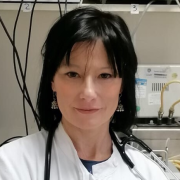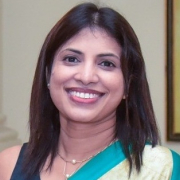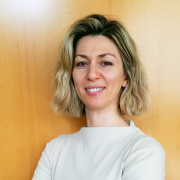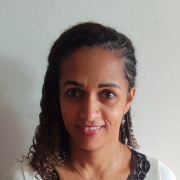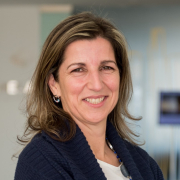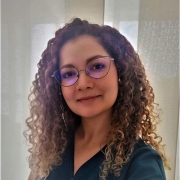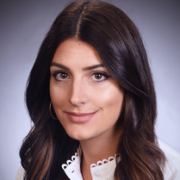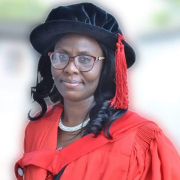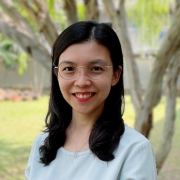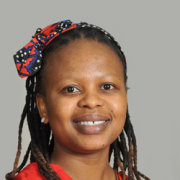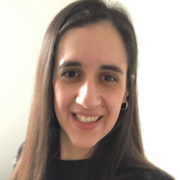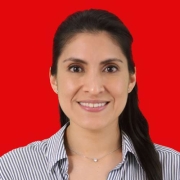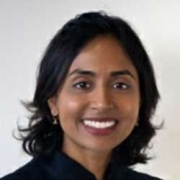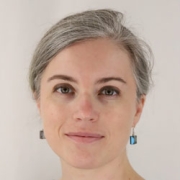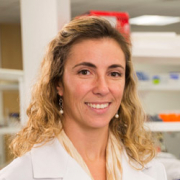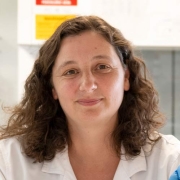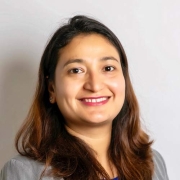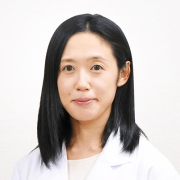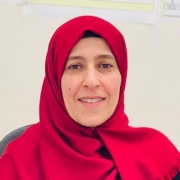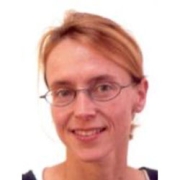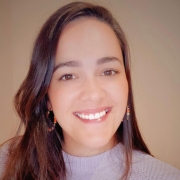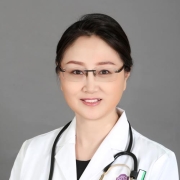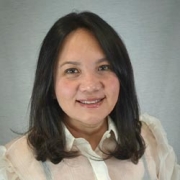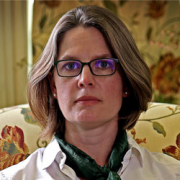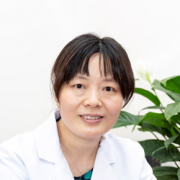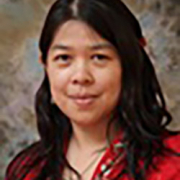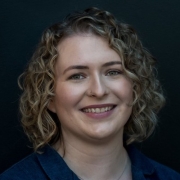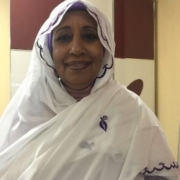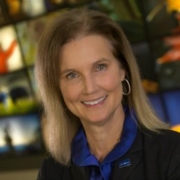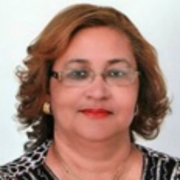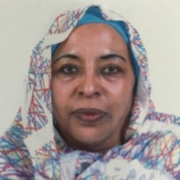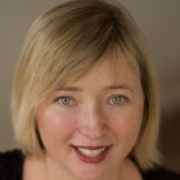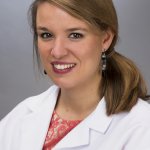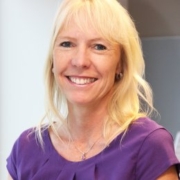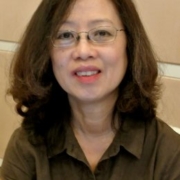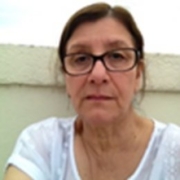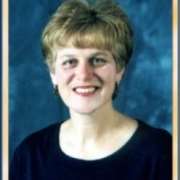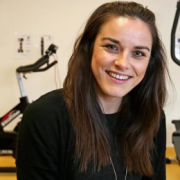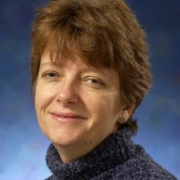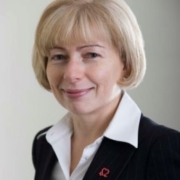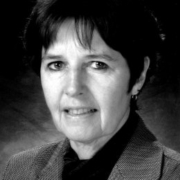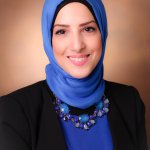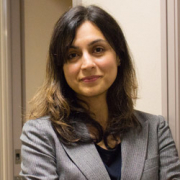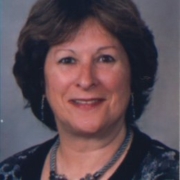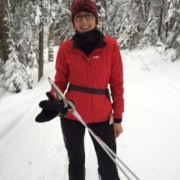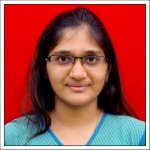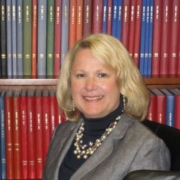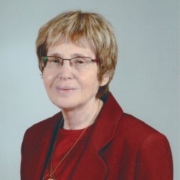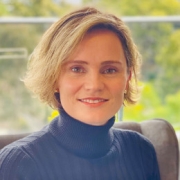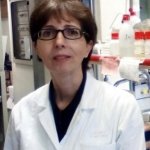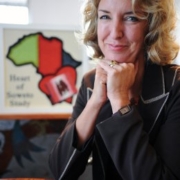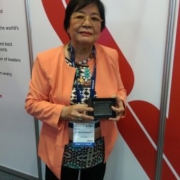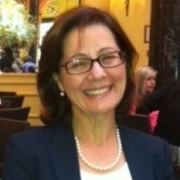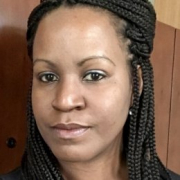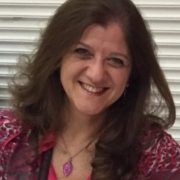1. What is your role at your work?
- Research on pathophysiological mechanisms leading to vascular dysfunction in hypertension and obesity (with a special focus on the renin-angiotensin system, oxidative stress and perivascular adipose tissue) aimed at finding treatments for prevention/regression of vascular disease.
- Teaching of Pharmacology to pregraduate Pharmacy students and postgraduate students in Pharmacy, Medicine and Health Sciences (240h/academic year)
- Participation in continuous training programs for health professionals
- Training of young researchers and technicians
- Dissemination of scientific progress in cardiovascular research to general public
2. How did you get interested in your career path?
I got interested in my career when I was a Pharmacology student. I had a very good and enthusiastic Pharmacology professor who awoke my passion for Pharmacology. This was thereafter encouraged by my thesis supervisors as I was a predoctoral student. I also got lot of support from my parents.
3. What are you most proud of in your career or otherwise?
I am very proud of having trained an important number of students and researchers. I did not have the possibility of forming a group, due to the low number of positions available at university and insufficient funding for personnel and contracts. But many of them have been able to start a promising research career. This is my highest satisfaction.
In addition, I have been able to establish some solid and long-standing collaboration with a number of groups in Spain and Germany.
4. What important career challenges have you faced and how did you overcome them?
There have been several career challenges to overcome:
- When I went back to Spain after my postdoctoral stay in Germany, the first challenge was to start and develop my research combining it with a heavy teaching dedication. Moreover, I was the only researcher at the department working on cardiovascular Pharmacology. I overcame this with hard work and commitment, as well as establishing a solid and long-standing collaboration with another group focussed on cardiovascular research (Profs. Carmen Gonzalez and Silvia Arribas)
- An additional challenge was to balance my career with being a mother. I was lucky since I got a lot of help from my husband, who is also a researcher.
- One major problem was, and still is, the insufficient number of pre- and postdoctoral fellowships and research or technician positions. This makes it very difficult to establish a stable group. This situation requires starting all over again with new predoctoral students and with collaborations with other groups.
5. What advice would you give your younger self?
I would start my career again, but I would plan it in a different way. I would extend my postdoctoral training and would return to a group/department with more possibilities for establishing and developing a stable research group.
6. Highlight your most significant research contributions and publications (3-5) – if relevant to you.
I would highlight my contributions to the renin-angiotensin system and to the role of perivascular adipose tissue in the regulation of vascular function.
1. Gil-Ortega M, Somoza B, Huang Y, Gollasch M, Fernández-Alfonso MS. Regional differences in perivascular adipose tissue impacting vascular homeostasis. Trends Endocrinol Metab. 2015 Jul;26(7):367-75. doi: 10.1016/j.tem.2015.04.003.
2. Gálvez B, de Castro J, Herold D, Dubrovska G, Arribas S, González MC, Aranguez I, Luft FC, Ramos MP, Gollasch M, Fernández Alfonso MS. Perivascular adipose tissue and mesenteric vascular function in spontaneously hypertensive rats. Arterioscler Thromb Vasc Biol. 2006 Jun;26(6):1297-302.
3. Ackermann A, Fernández-Alfonso MS, Sánchez de Rojas R, Ortega T, Paul M, González C. Modulation of angiotensin-converting enzyme by nitric oxide. Br J Pharmacol. 1998, May;124(2):291-8.
7. Have you had any significant career mentors? If yes, please provide further details.
My mentor passed away at a young age and I had to organize my career for myself. This was a major handicap in my career.
8. How can we support the next generation of women scientists?
We need to increase visibility and opportunities for young women scientists: invitations as speakers and also to organize meetings, workshops, etc.
We need to be role models for them, trying to encourage a more feminine and empathic way of doing science, in a less aggressive competition and more collaborative manner. A more person-centered way of organizing research.
A main problem is the long road to gaining professor positions. This needs the support of universities and institutions increasing the amount of nurseries and infant schools to find the balance between research and maternity.
